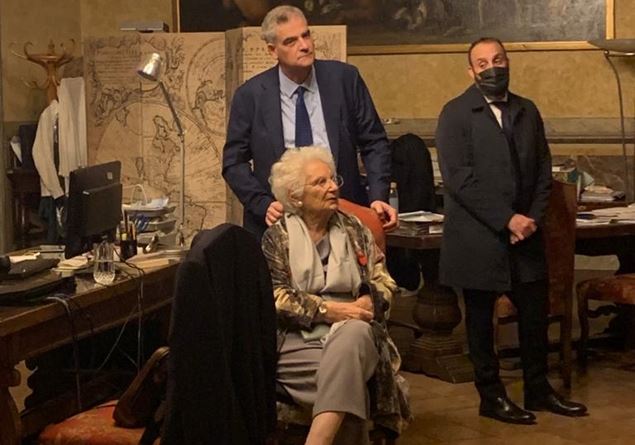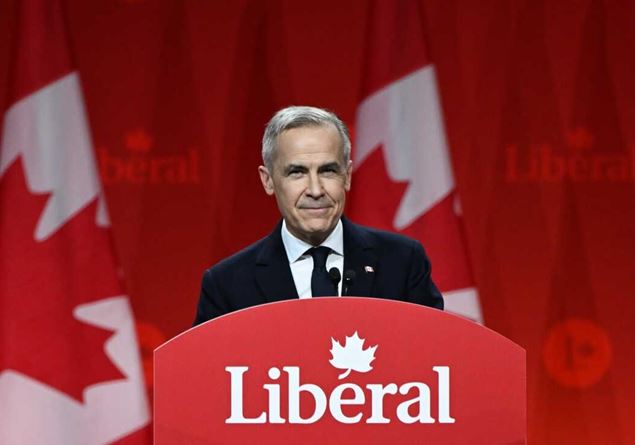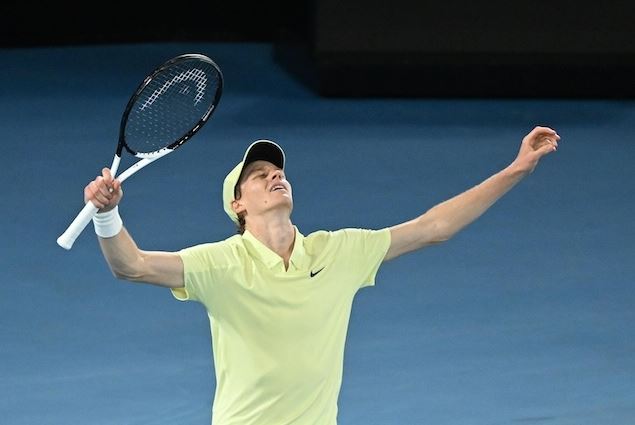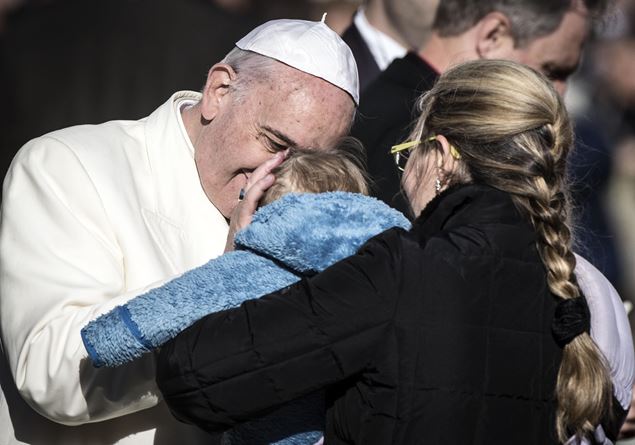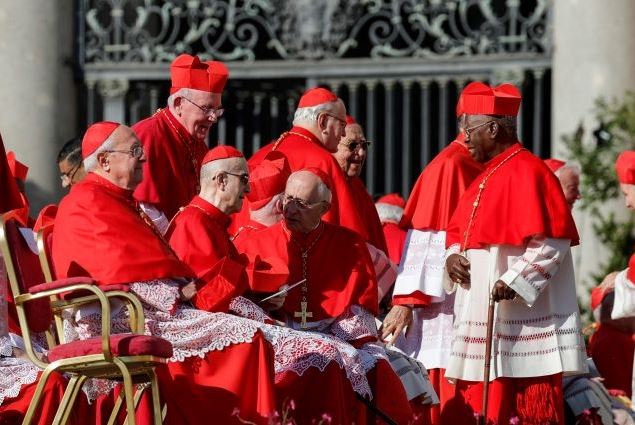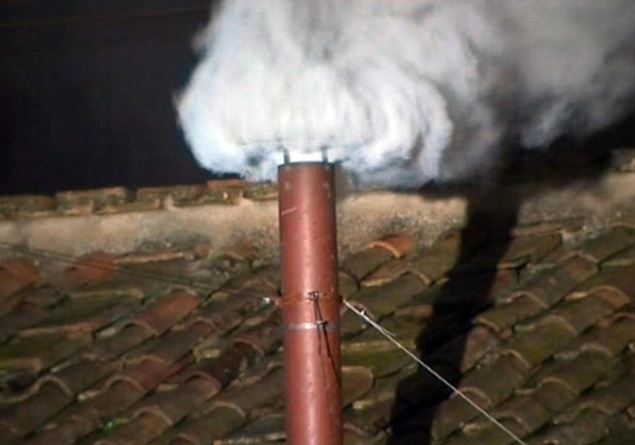Finally, free. It’s official. The accident of the Sinner Clossebol case (reconstructed in full in this link) was definitively concluded. Jannik, whose substantial innocence is not under discussion – has never been -, he will stop three months (in technical term ineligibility), but only because he formally falls on him the negligence of his staff: the stop starting from 9 February Last was agreed by the parties involved, through a so -called extrajudicial agreement, which interrupts the procedure that would have led to the hearing and sentence of the Arbitration Tibunale dello Sport, set for mid -April April in Lausanne. It means that the Wada and the player’s lawyers have found a legal agreement recognized by the law of sport that closes the case and which satisfies the reasons of one and the other from the formal point of view, an agreement from whose motivations Jannik Sinner comes out as clear ‘Water of his mountains, because in explaining why he accepted the Wada pact that accused him has actually recognized the correctness of the Italian tennis player in writing.
Because Wada has withdrawn the appeal
The Wada, the world anti -doping agency, who had appealed against the acquittal sentence of the arbitration court at first instance, thus communicates the path that convinced her to agree. “The World Anti -Doping Agency (Wada)», Reads the press release,”Confirms that he has entered into an agreement for the resolution of the case of the Italian tennis player Jannik Sinner, who accepts a period of ineligibility Of three months for a violation of the anti -doping rules that led him to be positive for the clostebol, a prohibited substance, in March 2024 who had been judged by fault or negligence by an independent court. Despite the appeal, the circumstances relating to this specific case have meant that, in order to guarantee a fair and appropriate outcome, Wada was willing to stipulate a transactional agreement, pursuant to article 10.8.2 of the world anti -doping code. The Modial Anti -Doping Agency accepts the athlete’s explanation on the cause of the violation, as outlined in the first instance decision. Wada recognizes that Mr. Sinner had no intention of cheating and that his exposure to the clostebol did not provide any benefit in terms of performance and took place without his knowledge due to the negligence of the members of his entourage. However, according to the code and by virtue of the previous ones of the CAS, an athlete is responsible for the negligence of his entourage. On the basis of the particular series of events of this case, a three -month suspension is considered an appropriate result. As already mentioned, Wada has not requested the disqualification of any result, except that previously imposed by the first instance court. The International Tennis Federation and the International Agency for the Integrity of Tennis, both co-ruling to the Appeal of the Cas della Wada, none of which has appealed against the first instance decision, both accepted the agreement for the case resolution. According to the terms of the agreement, Sinner will serve his period of ineligibility from 9 February 2025 at 23:59 on May 4, 2025 (which includes a credit for four days previously discounted by the athlete while he was under temporary suspension).
As required by article 10.14.2 of the code, Mr. Sinner can return to officially training starting from 13 April 2025. In light of the case resolution agreement, Wada has formally withdrawn its use of the Cas ».
The procedure is provided for by the rules of the sports process, and also in the context of the causes of civil law in many countries of the world including Italy: It is a legal way of putting an end to a dispute between the parties involved, formally accepted by the system, finding a certified solution that meets both parties in some way.
How to read this agreement
As in all negotiations it means giving each one: Jannik and his defenders had to accept a short suspension from the tournaments, even if not too traumatic even for the season because he does not affect participation in the Slam And not even at the Open of Rome to which Italy holds in a particular way, giving up to affirm in court that even negligence in the surveillance of its staff could not be contested by the player that he could not suspect a risk of involuntary contamination.
Wada had to give up the claim, affirmed several times still in recent days, of a draconian disqualification of one or two years, in the face of a contamination that Wada herself recognized as an involuntary: nobody even those who made the appeal ever claimed that Sinner had wanted (and could) dopes that way. Nobody contested Sinner doping but only negligence in staff surveillance.
Going to sentence, in the face of a jurisprudence of the Tas/Cas Ondivaga on the clostebol, as objective has been so far, would have meant to expose itself to a dangerous Alda: If the Tas had given Sinner right, Wada, already under discussion for its alternating current appeals, would have come out with broken bones, especially since he has already changed the rules in the next code, just to prevent others in the future from arising Sinner cases – That is, players who are positive for involuntary infinitesimal contaminations – implicitly admit the risk that tests more sensitive transforms the fight against doping into a witch hunt where the form is punished, while perhaps the substance escapes. Losing sight of the fact that what is pursued is the voluntarity of altering performance through substances, not irrelevant and involuntary contamination.
If the Tas had given Wada right, the hunt for the above witches would have been configured: a ruined career, in the face of a completely involuntary accident that in two years will no longer be sanctioned and sanctioned.
How Sinner and Wada come out
For all this, the agreement is the most sensible solution: it is true that Sinner could have aspired to full acquittal, but the jurisprudence so far has not been so stable as to let a certain outcome predict, and in the meantime, net of a few cases in to which there are personal disagreements (see Kyrgios and his arrows), The whole world now knows that the clostebol has not influenced Sinner’s performance, that the number one in the world has not stopped winning after positive control, as usually happens when a real doping action is interrupted, nor has it lost continuity As happens to those who – controlled from then on – must no longer be caught.
Jannik went up to his way on his way, that of an exceptional continuity, that only those who do not fear subsequent new and frequent checks (practice after a positivity) can afford and with the conscience of those who knew they had nothing to reproach themselves.
In these conditions three months of agreed stop do not disturb much, because they are a formal sanction, they serve more than anything else to save the face to the system, but they cannot stain the player also innocent due to the admission of those who accused him. In fact, the reasons for the Black Masses on White from Wada remove every possible stain from Sinner’s path, erasing every shadow of suspicion against him.
If anything, they are used to induce a rethinking on how the system has moved so far: it should not be forgotten, in fact, that the function of anti -doping is to contrast and sanction the behaviors that aim to use substances to improve performance and distort the competition, that And that alone must be the goal. Everything that goes in the direction of an empty formalism risks only undermining the credibility of the entire system and the agency itself. The same fact that he accepted this agreement with these reasons is proof that in Wada herself there is awareness of this risk.

